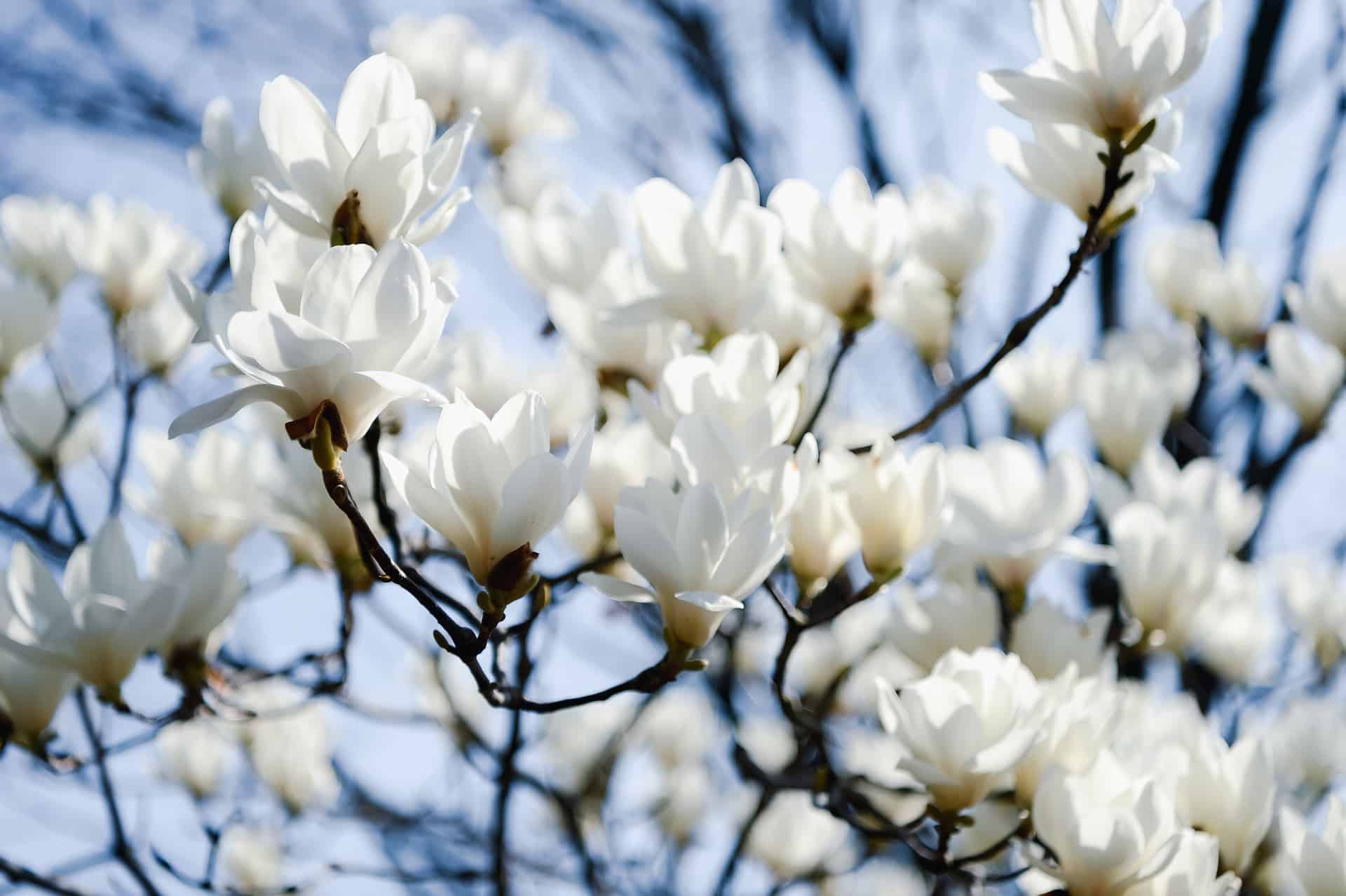Wondering what went right this week in the conservation world? We’ve got you covered with our Conservation Optimism Round-Up! We are collating stories of optimism from around the globe so that you never miss your dose of weekly motivation.
1. In Gabon, camera-trap developers find the ideal proving ground for their craft
“Camera traps are helping researchers get a closer look at pockets of Gabon’s forests that were previously impractical to study.”
Camera traps are helping researchers get a closer look at pockets of Gabon’s forests that were previously impractical to study. https://t.co/ktUWDYbhKj #conservationoptimism
— InternetOfElephants (@ioelephants) August 19, 2022
2. A Southern Ocean island is reborn following an eradication programme
“Gradually, life for the island’s birds is improving. Antarctic prions and white-headed petrels, which also nest in burrows, had managed to cling on in some sites while pests were on the island. Their numbers are now increasing. “It’s fantastic and so exciting,” Shaw says.”
Thanks to a #restoration program, the entire ecosystem on #Macquarie Island is now recovering, including pop's of #seabirds and rare #plants!#islands #recovery #pacific #nature #wildlife #biodiversity #conservationoptimism #conservation #LetNatureThrivehttps://t.co/gvNHw7g6zI
— Global Conservation Solutions (@_GCS_) August 18, 2022
3. A critically endangered antelope got a boost
“An antelope that was reintroduced to Kenya from North American zoos is now breeding in the wild. The critically endangered mountain bongo has been the subject of an 18-year-long reintroduction programme, which reached a milestone in March when five of the animals were released in Kenya’s Mawingu Sanctuary.”
4. White-clawed crayfish are having a slow return at Borrello, Italy
“Thanks to the Rewilding Apennines commitment and the nature resilience, the Verde River at Borrello is slowly repopulating of crayfish.”
5. Reintroduced land iguanas breed on Santiago island
“Three years after the reintroduction of land iguanas to Santiago island, a new generation of newborn and juvenile iguanas are thriving. This reintroduction is part of our Land Iguana Project, designed to boost the survival of Galapagos land iguanas but also to help restore Santiago’s ecological health. “
A true conservation success story! Three years after the reintroduction of land iguanas to Santiago island, a new generation of newborn and juvenile iguanas are thriving. #ConservationOptimism #Galapagos #LandIguanashttps://t.co/zF1Eo9qui6
— Galapagos Conservation Trust (@galapagossip) August 18, 2022
6. Magnolia species lost to science for 97 years rediscovered in Haiti
“A conservation team has rediscovered a native magnolia tree in a forest in Haiti for the first time since it was lost to science in 1925.“
Thought to be #extinct, the Northern Haiti #Magnolia has been #rediscovered in the #forests of #Haiti after not being seen for nearly 100 years!#lostandfound #trees #nature #wildlife #biodiversity #conservationoptimism #conservation #LetNatureThrive https://t.co/9jdzRKnJ58
— Global Conservation Solutions (@_GCS_) August 15, 2022
7. Indigenous lands, knowledge are essential for saving primates from extinction, says new study
“A new study in Science Advances finds that primate species found on Indigenous people’s land face significantly less threats to their overall survival compared to species found on non-Indigenous lands. To guarantee the survival of primates, we must guarantee Indigenous people’s autonomy over their territory, says the paper. “
Have a story to share for our weekly round-up? Use #ConservationOptimism on Twitter, Facebook, LinkedIn and Instagram!


